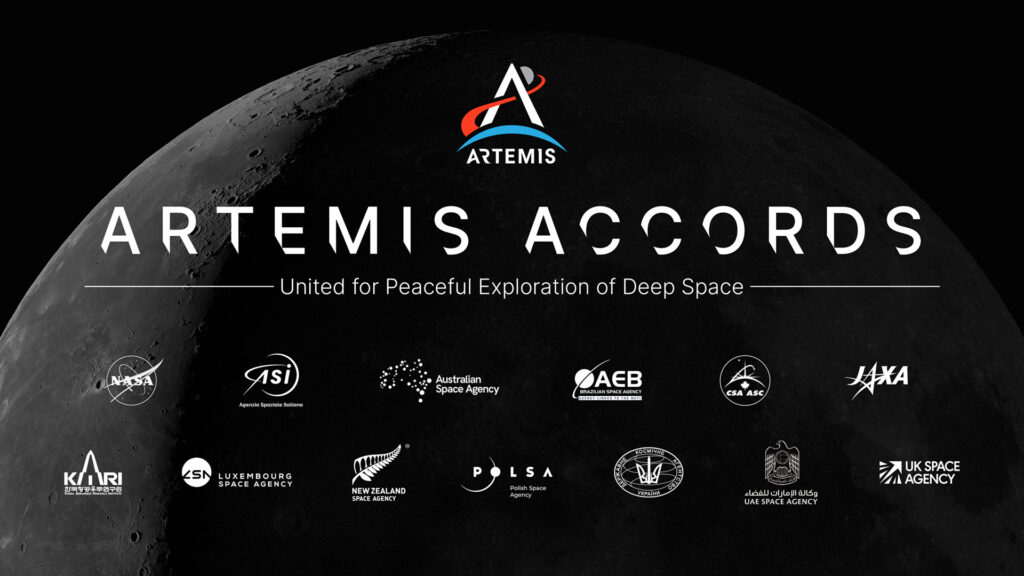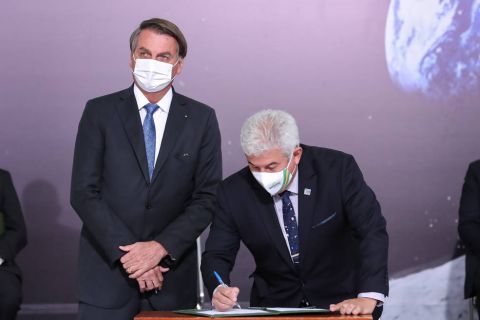
Mexico’s Secretary of Foreign Relations, Marcelo Ebrard Casaubon, announced that his country would become the fourteenth country to sign the Artemis Accords, a document that addresses a variety of issues related to safe and sustainable space exploration, many of which are directly related to the Outer Space Treaty and other international agreements.
Ebrard said in a statement that Mexico was looking forward to joining in NASA’s Artemis lunar exploration mission, but he didn’t say how big of a role he anticipated Mexico would play. “We were spectators during the Apollo programme a half-century ago, now we are going to be participants,” he remarked. It’s a huge step forward for Mexico.”
At an occasion attended by numerous other Mexican government officials, as well as US Ambassador to Mexico Ken Salazar and José Hernández, a former NASA astronaut, Ebrard announced Mexico’s accession to the agreements. In a statement, Hernández stated that Mexico’s decision to join the Artemis Accords demonstrated that “we are going to do it as a community” for this return to the moon.

Vice President Kamala Harris tweeted Dec. 9: “As noted at our inaugural National Space Council meeting, the Artemis Accords provides defined principles for civil space development.” “We applaud Mexico’s decision to join the Artemis Accords and conduct responsible and sustainable space exploration.
“We applaud Mexico’s foresight in joining the Accords and cooperating with us to properly explore space for the benefit of all,” NASA Administrator Bill Nelson said.
The Artemis Accords, according to Harris, are one vehicle for defining norms and regulations of behaviour in space, which is a top priority for the administration. “From here, we must endeavour to increase the number of signatories to the Artemis Accords,” she added, noting that France and Mexico have showed interest in doing so.
The Artemis Accords were announced by NASA in October 2020, with an initial set of eight signatories. Before Mexico, five other countries joined, the most recent being Poland on Oct. 26. Both longstanding US space allies, such as Canada, Japan, and numerous European nations, as well as developing space nations, such as Brazil, South Korea, and the United Arab Emirates, have joined.

During a panel discussion at the Financial Times’ The Global Boardroom online conference on Dec. 9, NASA Deputy Administrator Pam Melroy remarked of the Artemis Accords, “They’re quite straightforward but they’re a significant start.” They’re designed to avoid some of the problems that astronauts face in Earth orbit, such as crowded orbits and trash formation, she explained.
“We’re going to attempt to get ahead of it as we go out into the solar system,” she added. “We’re attempting to plan forward a few chess moves since we’re not in a favourable spot right now.”





